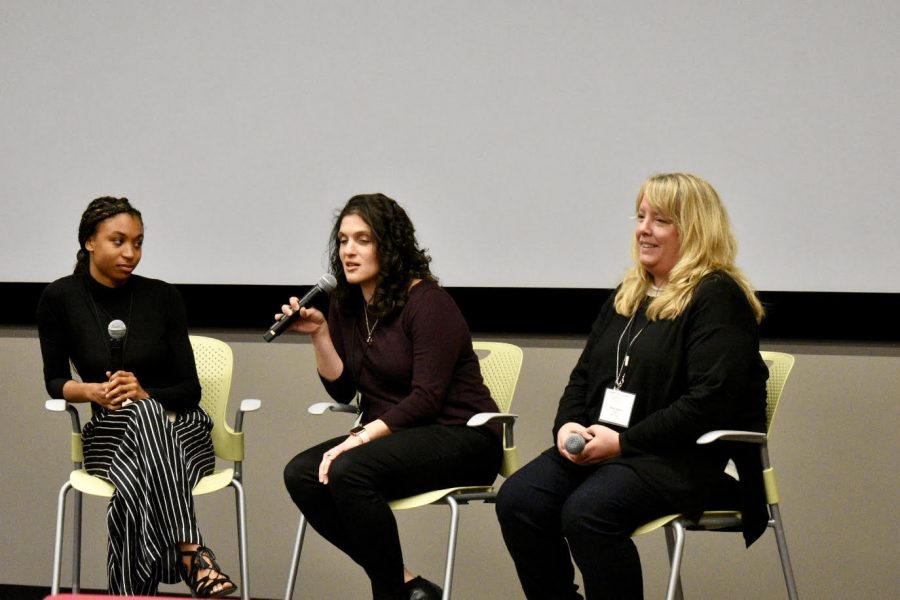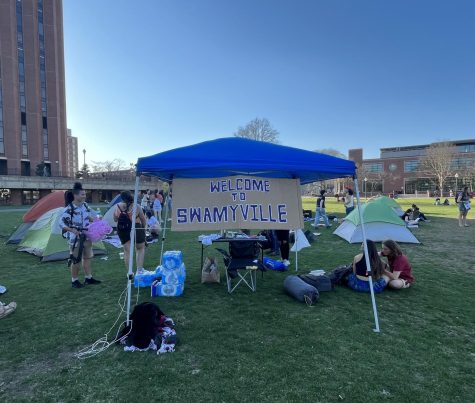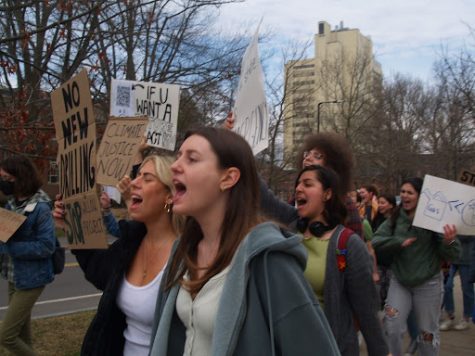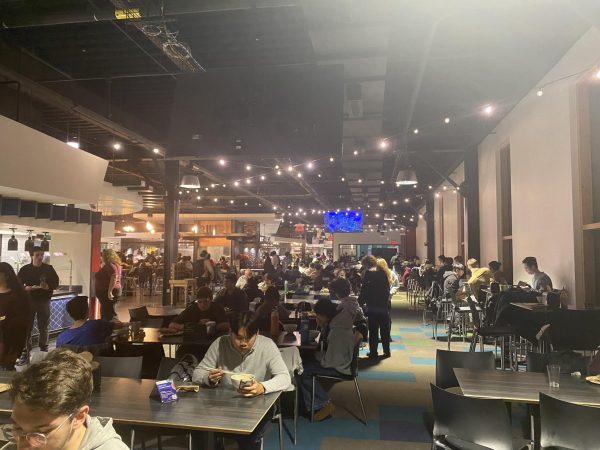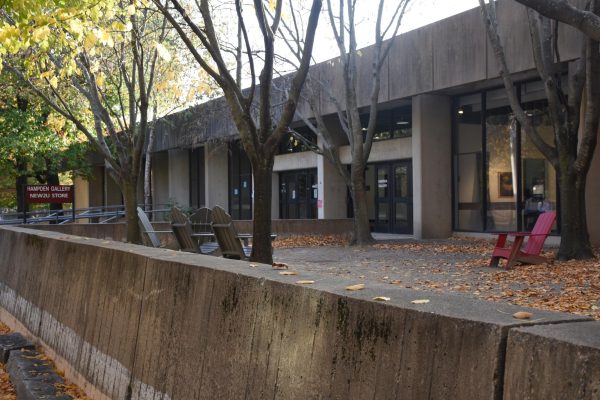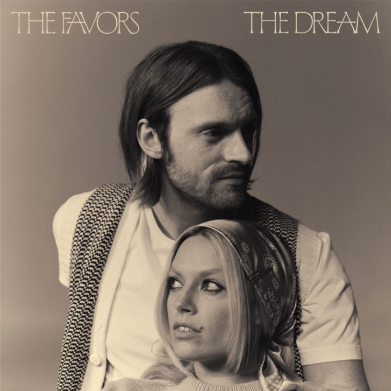UMass hosts third annual Women in Sports Media Symposium
“You’re going to get a lot of people who say it’s impossible. Don’t listen to them.”
AMHERST — Students at the University of Massachusetts had the opportunity to learn about the careers of various women in sports journalism and the challenges that they have faced for five hours on Friday, April 26, through talks with alumni and prominent women in the field.
Lesley Visser and Melissa Ludtke, the symposium’s two keynote speakers, were among the first women pioneers of sports journalism. The veteran sportscasters discussed the difficulties of being a female in the industry, having to face adversity and discrimination.
When Visser began as a reporter covering the New England Patriots, the press box she worked in only had a men’s room – the lone women’s room was on the other side of the stadium. She remembered running downstairs, across the stadium, hoping that she would not miss anything important while gone. On top of that, she worked from the parking lot for her first seven years.
“You’re going to get a lot of people who say it’s impossible,” Ludtke said. “Don’t listen to them.”
Ludtke’s knowledge of sports boosted her into sports journalism. Early on, she met Frank Gifford, a longtime ABC football commentator, at a dinner party. Impressed with her knowledge of sports, he invited her to visit ABC Sports in New York City.
She then planned a slow entry into the industry – Ludtke applied to be a secretary at ABC. After talking with an executive at ABC, she was told to interview at Sports Illustrated. After receiving the job, she eventually went on the sue Major League Baseball in her landmark women’s rights case Ludtke v. Kuhn, which gave women equal access to locker rooms and athletes.
Ludtke and Visser also offered advice to those in the audience, especially women, encouraging them to get into sports journalism.
“Hang in there, please,” Ludtke said. “For us.”
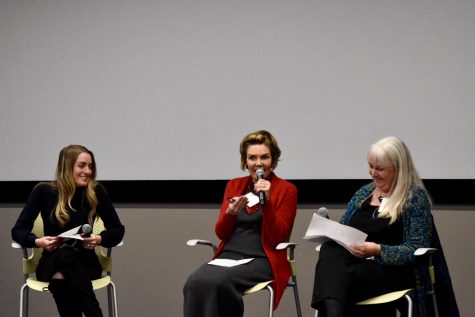
Following the two veterans was Victoria Arlen, a 24-year-old ESPN television personality. At the age of 11, Arlen developed two rare diseases that rendered her unable to speak, eat or walk. For four years she was in a vegetative state, in which she described herself as being “locked” in her own body, aware of her surroundings but unable to communicate.
Defying the doctor’s original predictions, Arlen came out of the vegetative state and began relearning basic functions in 2010, starting with the ability to blink. Only two years later, after taking up swimming, she qualified for the Paralympics and won four medals in swimming. ESPN hired her in 2015.
Two female editors who have experience at ESPN ended the series of speakers.
Sarah Goldstein credited an internship and editor position she held at The Washington Post with the sports section, propelling her to ESPN early in her career, where she would work for nine years. While there, fellow writers offered her a job at the new start-up The Athletic. Taking a chance, Goldstein now is the managing editor of the outlet NHL section, which now has beat writers for each NHL team.
Jena Janovy, the senior deputy editor overseeing ESPN Digital & Print Media, worked her way up through small newspapers, referencing “Thank You” notes as the key to maintain relationships and connections that got her numerous positions throughout her career.
One such instance included a note to a local newspaper reporter. Janovy, a college basketball player, had been covered by a sports writer towards the end of her basketball career. He approached her and offered her the opportunity to write at the paper, which eventually led to getting a full-time summer job as a news reporter, going to the Columbia School of Journalism and working in New York City, where she fell in love with the fast-paced news cycle.
After years working as a reporter, a mentor from Columbia recommended her for a position at ESPN, leading her to her position that she has now.
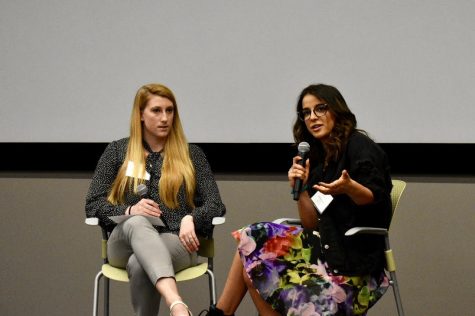
Both women explained the discrimination that they’ve faced during their careers, from getting patted on the head by colleagues to being asked to smile.
“No matter who you are, you’re going to deal with stupid people in the world,” Goldstein said. “A lot of the time, I would just like to put my energy better things.”
Early in her career, a man had called the outlet that Janovy was working for, asking for a male staffer to answer a question about sports when she had picked up the phone. After finding the answer to the question, Janovy and the man began to argue.
“There is no genetic disposition to knowing the answer to a sports question,” Janovy remembered telling the man.
To prevent workplace discrimination such as mansplaining and being interrupted during meetings, Janovy has a pact with other women in the office to stand up for each other and call out any inappropriate behavior.
The day closed with a panel of recent graduates, including Bridgett Proulx (’16), Allie Furlo (’17), Alexandra Francisco (’17) and Shayna Hall (’18). The women spoke about their experiences since graduating from UMass.
Steve Fox, a senior journalism lecturer and the sports journalism director at UMass, noted the importance of the symposium.
“Women are vastly underrepresented in sports media and sports journalism, and this event is held so that students can see what is possible. Hopefully we create a sisterhood of sorts where speakers and students can stay in touch and use each other to lean on in the future.”
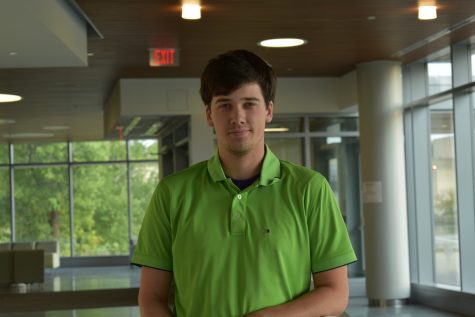
"I walk, I look, I see, I stop, I photograph." - Leon Levinstein
Email Patrick at pkline@umass.edu and follow him on Twitter at paterickkline
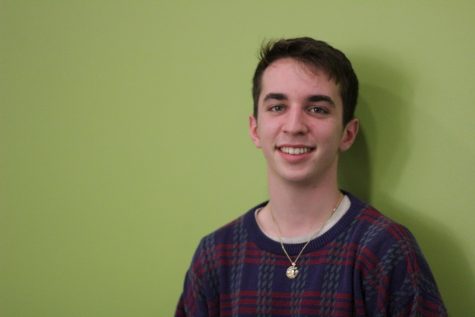
"Three words: Vice President Oprah." -Obama
Email Matt at mpberg@umass.edu or follow him on Twitter @mattberg33

